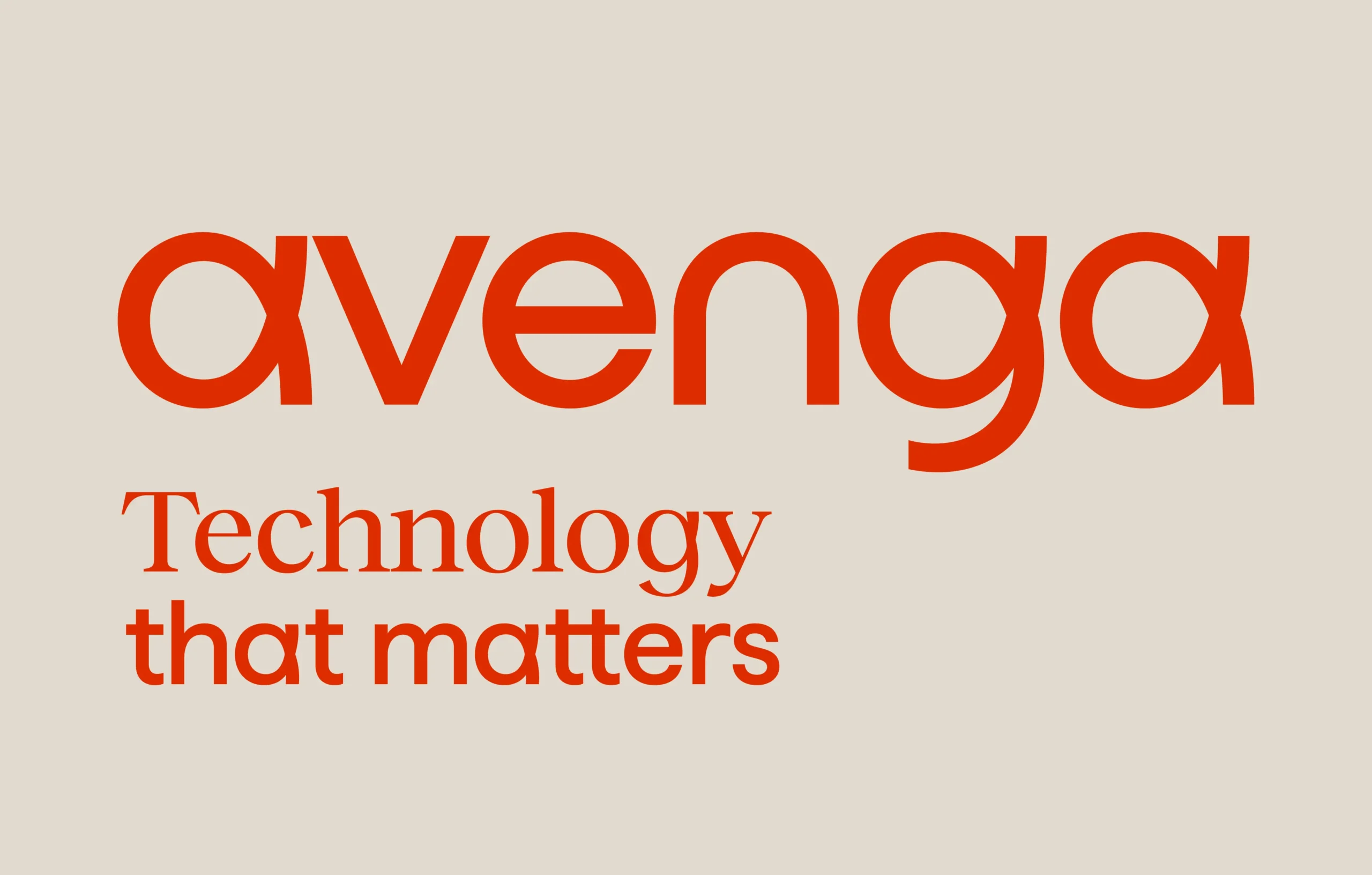Technology
that matters
We Help Future-Proof Businesses with Technology
Proven results
6k+
A dedicated global team of skilled professionals driving your success
97%
Clients returning
30+
Years of experience
Services
Custom Software Development
Tailor-made solutions that tackle unique challenges, capitalize on unique opportunities.
Data and AI
Seamless, AI-driven automation, cost-cutting, and informed decision-making across industries.
AdTech and MarTech
Powerful marketing tech that personalizes experiences, drives engagement, and maximizes ROI.
Managed Services
Easiness of IT operations that turns tech infrastructures into optimized business assets.
Case studies

At the heart of everything we do is a passion for solving real-world challenges through technology. Whether you’re a client or a future team member, we invite you to shape what’s next with us.










